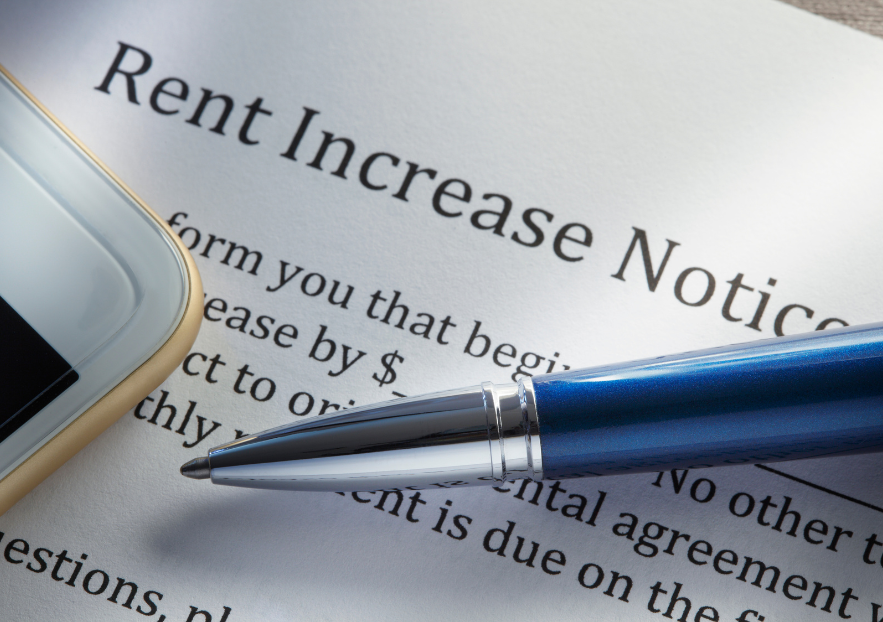
Why yearly rent increases are so important for your investment portfolio
Blink Property
March 20, 2023

The beauty of property in Australia is that its value and rental income increase with time and inflation, but the money you owe on it never needs to go any higher.
Regularly increasing the rent on your investment properties is a savvy wealth-building strategy. Even just $10 a week equals an extra $520 a year in your pocket, multiplied by however many properties you have in your portfolio. And there are several benefits.
Boosting your purchasing power
Creating extra cashflow frees you up to invest in more assets, reduce debt or treat yourself to a new car or TV, without using a credit card.
When you go to borrow for your next investment, the bank will be happier to see that extra income flowing in when it’s not going towards a high-interest credit card bill or struggling to put a dent in an overleveraged portfolio.
Inflation for wealth creation
Inflation has slowed down in recent years, but overall the price of goods and services has risen exponentially. Buy a drink from a corner store and it suddenly seems three times as expensive.
A rent rise of $10 on a $300-a-week rental is just over 3% and your tenants should be able to cope with this. It’s really no worse than inflation and you are likely to need that extra money to cope with rising prices elsewhere.
When can I not raise the rent?
If your tenant is midway through a signed lease period, you can’t simply raise the rent. But you can let them know you are planning to raise it at the end of their lease and they will have the option to sign on again or choose not to renew, at which point you have time to market the property for a new tenant.
When should I not raise the rent?
Sometimes, market conditions will favour renters and you’ll need to lower your expectations to avoid a costly vacancy period. If rents are falling or stagnant and there is a large number of vacant rental properties in the area, don’t force an increase, especially if you have good, reliable tenants. Those tenants may find a similar or better property for cheaper and walk away, leaving you needing to actually lower your rent to attract new tenants.
For these reasons, it’s important to stay up to date with local rental movements and demand. If you’re not sure, consult your property manager.
The flip side is that if the market has been good, you may discover similar properties are renting for significantly more than yours, so you can either raise the rent by more, or explain to your tenants that the market value is higher than they are paying, but you will meet them halfway with a smaller increase. This will help explain your position and also give them a small loyalty discount.
What else do I need to consider?
You can’t just dump an increase on a tenant out of the blue. You will be legally required to give them a notice period. These periods differ between states, so ask your property manager and check in for any other legal obligations or procedures you may not be aware of.
But wait, I don’t want to pay more
If you’re a tenant in a rental, it may seem unfair that your landlord is upping the rent every year, especially when you are treating their investment property like a palace, always paying the rent early and maybe even forgiving some of the faults or issues with the place out of politeness.
The good news is that you can dispute a rental increase, especially if you feel you haven’t been given enough notice.
Otherwise, check out what else is on the market, you may be able to get a better or newer rental for the same money.
If you really want to stay put in your current place, but don’t want to pay more, consider offering to sign a long term lease, or if you are handy with the tools, you could fix or maintain the property and save your landlord money on tradies.
Related posts


Why Traditional Rental Management No Longer Works Today

